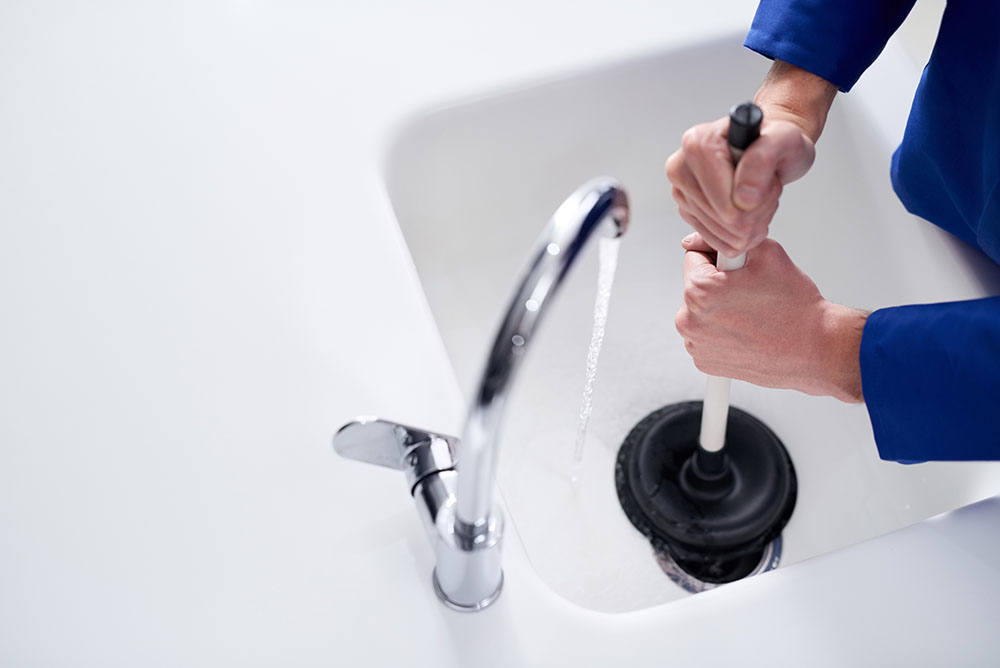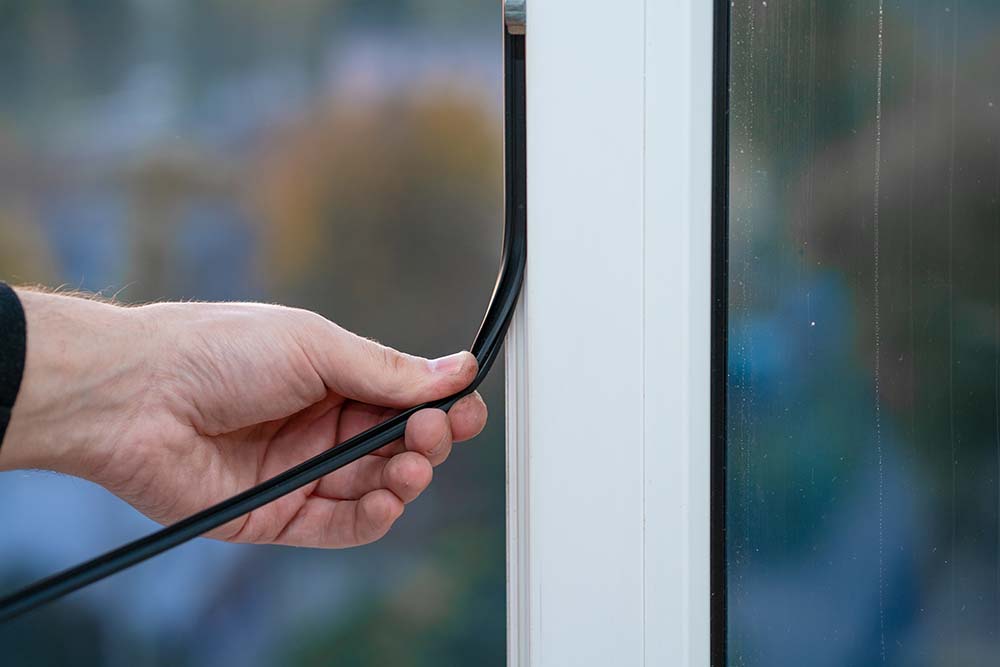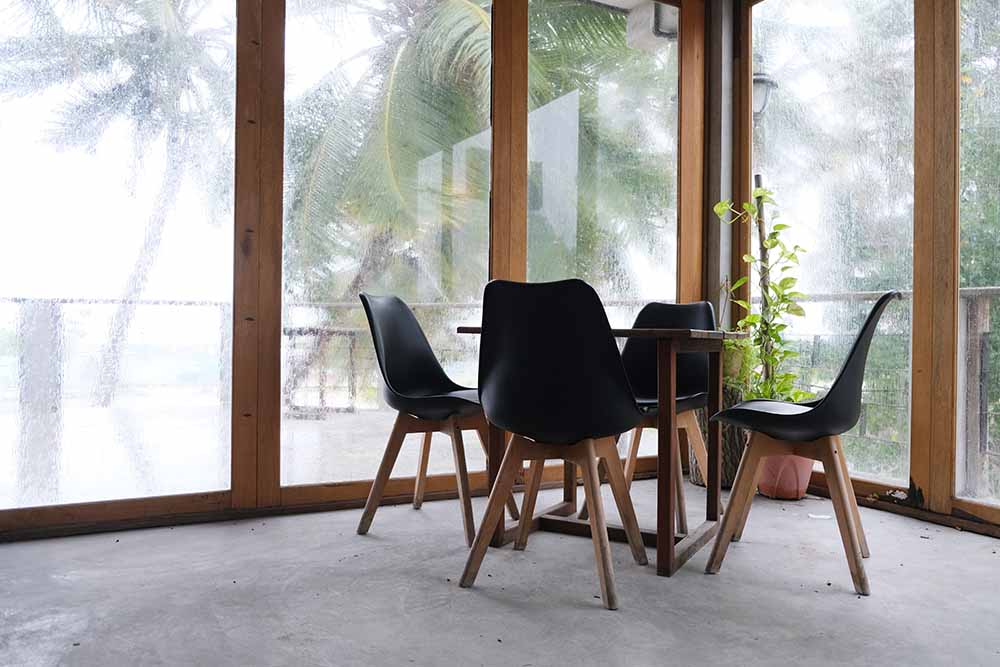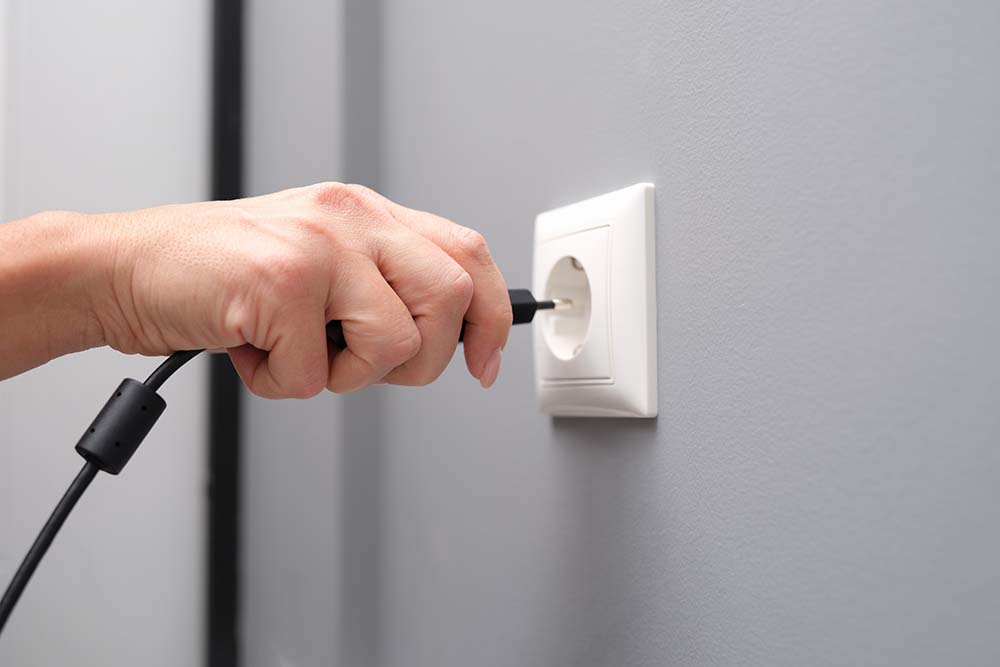As the monsoon season approaches, homeowners are confronted with the daunting challenge of safeguarding their homes from the relentless onslaught of heavy rains. The potential damages caused by the monsoon can be overwhelming, ranging from troublesome leaks and mould to unsightly cracks and chipping paint. However, with timely and proactive measures, you can prevent these nightmares from becoming a reality. These simple yet highly effective measures will not only keep your home damage-free for the next two months but also ensure it remains a safe and comfortable haven during this rainy season. Before we dive into these preventive actions and prepare your home to withstand the challenges of the season, make sure you check the walls and roof of your home for cracks and crevices - waterproof coating and treating any water damage on the walls and ceiling is a necessity and should be done every two years.

1. Maintaining clear and functional drains is essential to prevent stagnant water, which can become a breeding ground for mosquitoes and cause other water-related issues. Take proactive steps to keep your drains and pipes in optimal condition to safeguard your home during the monsoon season:
Unclog Drains: Regularly inspect and unclog drains to ensure proper water flow. Remove any debris, leaves, or dirt that might be obstructing the drainage system. This will prevent water from accumulating and causing potential flooding or waterlogging.
Repair Pipes: Check both external and internal pipelines for any signs of cracks, leaks, or damage. Constant penetration of running water due to leaky pipes can lead to dampness and water seepage within your home. Promptly repair any issues to avoid further damage.
Proper Drainage System: Ensure your home has a well-designed drainage system that directs rainwater away from the foundation. This will help prevent water from seeping into the walls and causing structural damage.
Use Drain Covers: Install drain covers or mesh screens to prevent dirt from entering the drains and causing blockages. This simple preventive measure can save you from potential drainage issues.
Maintain Gutters: Clean and maintain gutters regularly to prevent them from getting clogged. Properly functioning gutters will channel rainwater away from the roof and walls, reducing the risk of water-related damage.
2. Keep your home insect-free during the monsoon by adopting these control measures and maintaining a clean and dry environment. During the monsoon season, the warm and humid environment becomes a breeding ground for insects and pesky creatures. While most of them are harmless, some can wreak havoc on your furniture, and walls, and even spread diseases. To keep your home insect-free, watch out for these common pests and adopt the following control measures:
Mosquitoes: Stagnant water, whether indoors or outdoors, provides an ideal breeding ground for mosquitoes. Ensure there are no buckets of water or open water coolers lying around. Install mosquito nets on all windows to allow ventilation while keeping mosquitoes out. Additionally, you can use natural mosquito repellents to get rid of these bothersome insects.
Termites: These winged insects can infest and damage wooden furniture, posing a significant threat to your home. Adopt preventive measures by treating wooden elements with anti-termite solutions. Boric acid, termicides, or other chemical solutions can be effective in keeping termites at bay.
Earthworms: While harmless, earthworms can be unsightly and often surface in bathrooms during the monsoon. Prevent them from infesting your bathroom by keeping it dry at all times or covering the drain to minimise their appearance.
Cockroaches and Ants: The monsoon can also attract cockroaches and ants into your home. Keep your kitchen and dining areas clean and tidy, promptly clean up food spills, and store food in airtight containers to deter these pests from invading your living spaces.
Flies: Flies can quickly become a nuisance during the monsoon. Use fly screens on doors and windows to prevent them from entering your home. Keep trash bins tightly sealed and dispose of garbage regularly to minimise fly attraction.

3. Fortify your home against the heavy rains and create a watertight defence against the monsoon's heavy downpours – sealing doors and windows is crucial.
Insert Rubber Gaskets: Place rubber gaskets on the base of entrance doors and balcony doors to create a water-resistant barrier. This prevents rainwater from seeping into your home through the gaps.
Seal Gaps with Silicone or Foam: Check for any openings or gaps between walls, doors, and windows. Use silicone or foam sealants to seal these gaps securely.
Weather Strips for Windows: For a cost-effective solution, consider using weather strips customised to fit your windows perfectly. These strips provide an additional layer of protection against rainwater infiltration.

4. Safeguard your home furnishings from rain and humidity by keeping mould, mildew, and water damage at bay. By following these furniture care tips, you can ensure that your valuable home furnishings remain in excellent condition throughout the monsoon season.
Create Space Between Furniture and Walls: Leaks and seepage are common during the monsoon season. To safeguard your valuable wooden furniture, like bookcases, showcases, beds, and wardrobes, keep them away from the walls. Providing some distance between the furnishings and the walls can prevent significant interior damage in case of water infiltration.
Move Furniture Away From Windows: Water seepage through windows and balconies is common during heavy rains. To protect your home furniture, particularly wooden pieces, keep them away from the windows. Regularly clean and maintain wooden window panels to prevent water stains and maintain the integrity of your furniture.
Avoid Using Heavy Carpets: Carpets can easily absorb moisture and become breeding grounds for mould and mildew. During the monsoon, consider swapping out heavy carpets and storing them in a dry place to preserve their quality and prevent musty odours.
Use Moisture Absorbers: Place moisture absorbers, such as gel packets, inside wardrobes and cabinets to protect your clothes, linen, and books from getting damp and musty. These absorbers will help maintain a dry environment and preserve your belongings.

5. Prioritise electrical and plumbing precautions to help safeguard your family from potential hazards and costly damages. By taking these safety measures, you can ensure a secure and well-protected home during the monsoon season:
Electrical Safety: Call an electrician for a thorough assessment of your home's electrical wiring to check for any exposed wires or potential hazards. Keep wires, switchboards, and doorbells away from water contact to prevent short circuits and electrical shocks. Unplug kitchen appliances when not in use during the monsoon to reduce the risk of accidents. Use electrical tape to cover any hanging wires, switchboards, or fixtures until a professional electrician can address any issues.
Plumbing Preparations: Look for signs of corrosion on pipes, which can indicate the effects of acid rain. Replace metal and concrete pipes prone to corrosion with more durable materials like CPVC pipes and fittings.